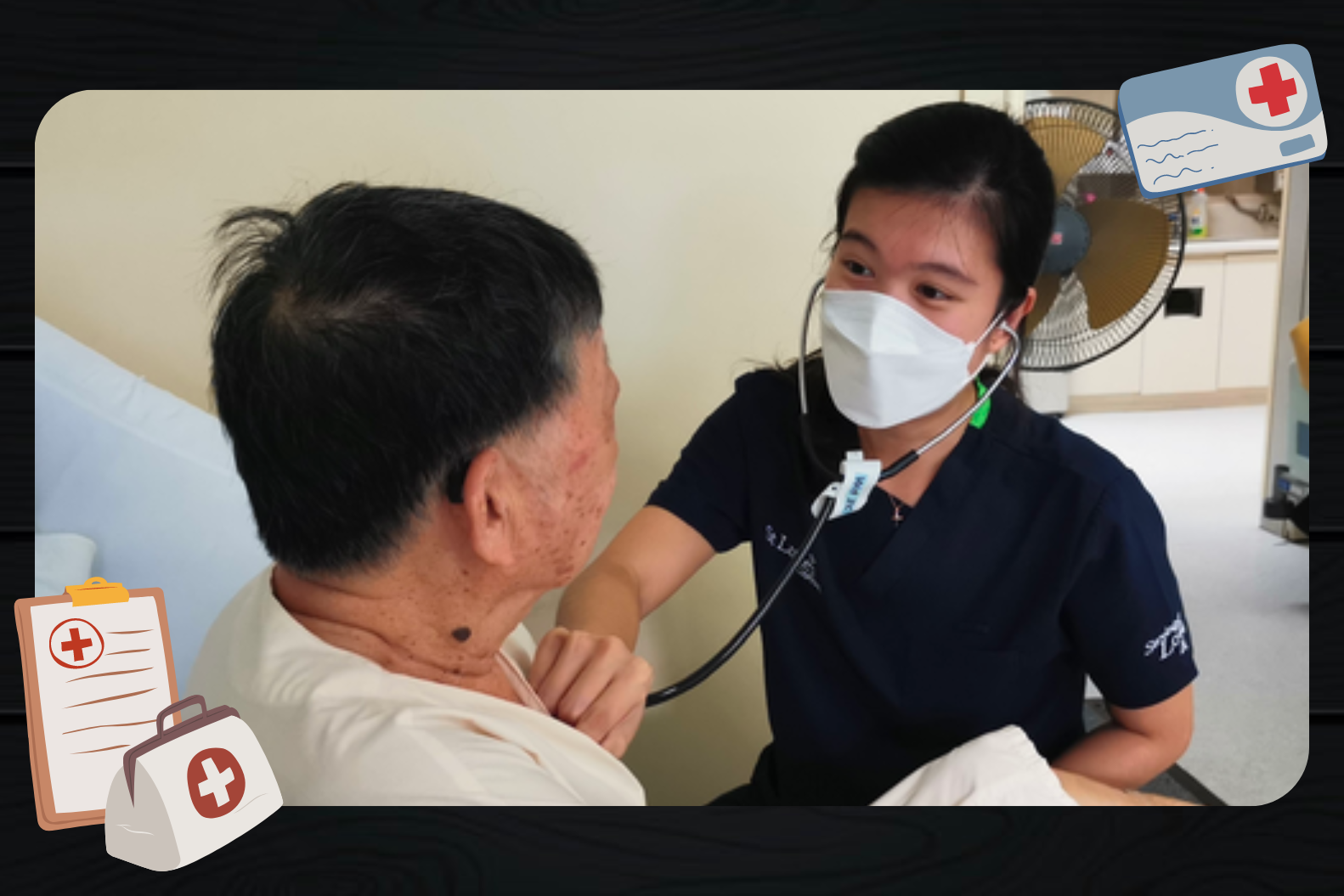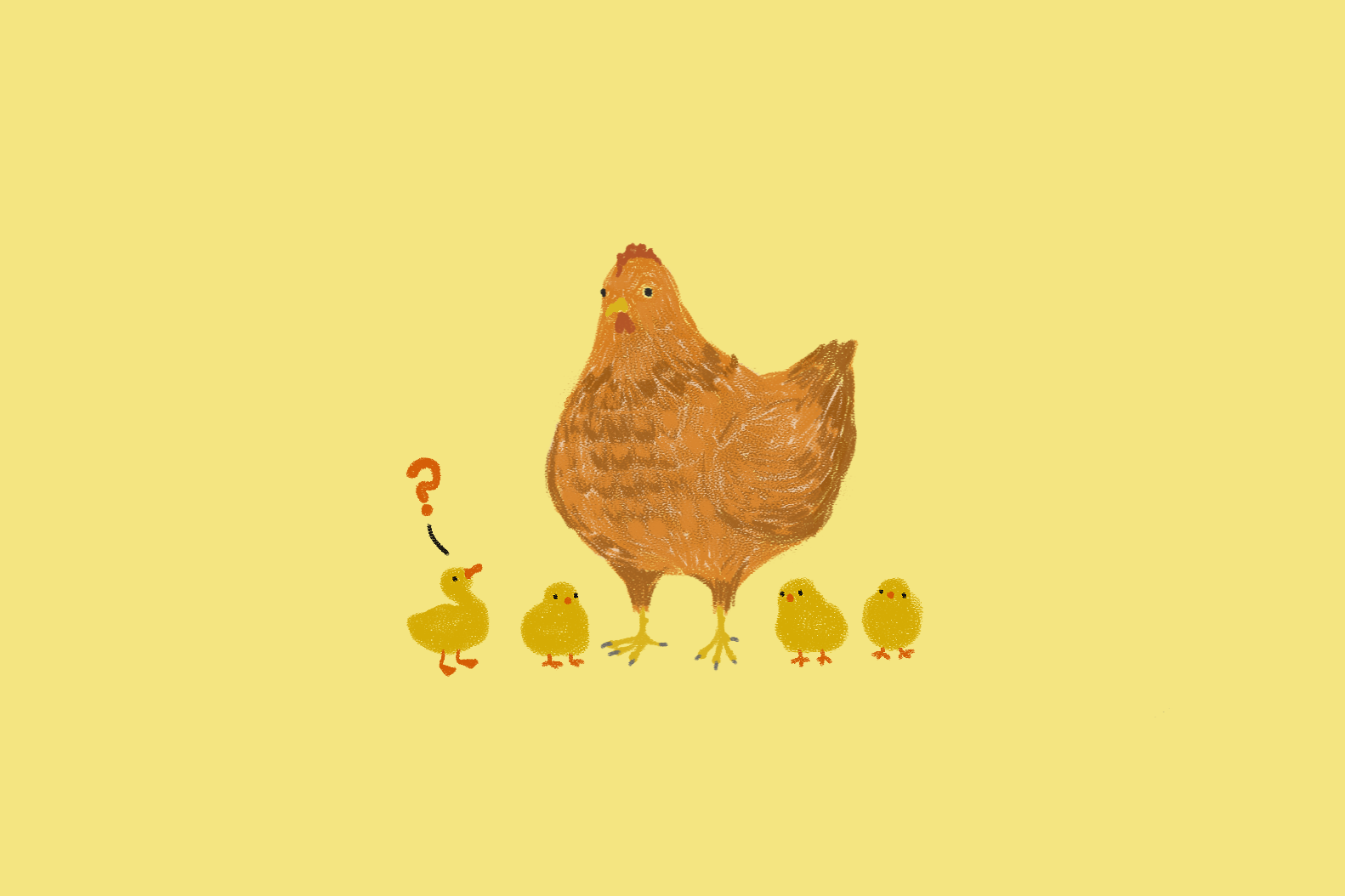Growing up, I struggled with anger and used to be a bully.
When I was in primary school, I had even gone to the extent of setting up a club against someone I disliked, and got others to hate on her too.
My anger also manifested in physical violence. One day, I actually punched my sister to the ground, leaving her face swollen.
All that I did and said stemmed from a deep insecurity, bitterness and jealousy. At the end of it though, I was left feeling empty inside.
Through secondary school, I started experiencing low moods because of this emptiness. I remember crying myself to sleep on several nights.
By the time it came to junior college (JC), I tried an alternative way to fill the emptiness — by busying myself in the Students’ Council.
I did make a lot of friends, but I still felt very, very empty. I had a lot of acquaintances but no friendships. And the insecurity was still there.
Trapped in a vortex
While this was going on, I also had very strained relationships with my mum and my sister.
One night, I left the house after a quarrel with my mum and went to stay with my grandparents for a day or two.
I was just so upset, and I felt very unloved.
So there was anger, bitterness and poor self-esteem, and then there were the strained relationships at home.
I think all that was just a vortex of need.
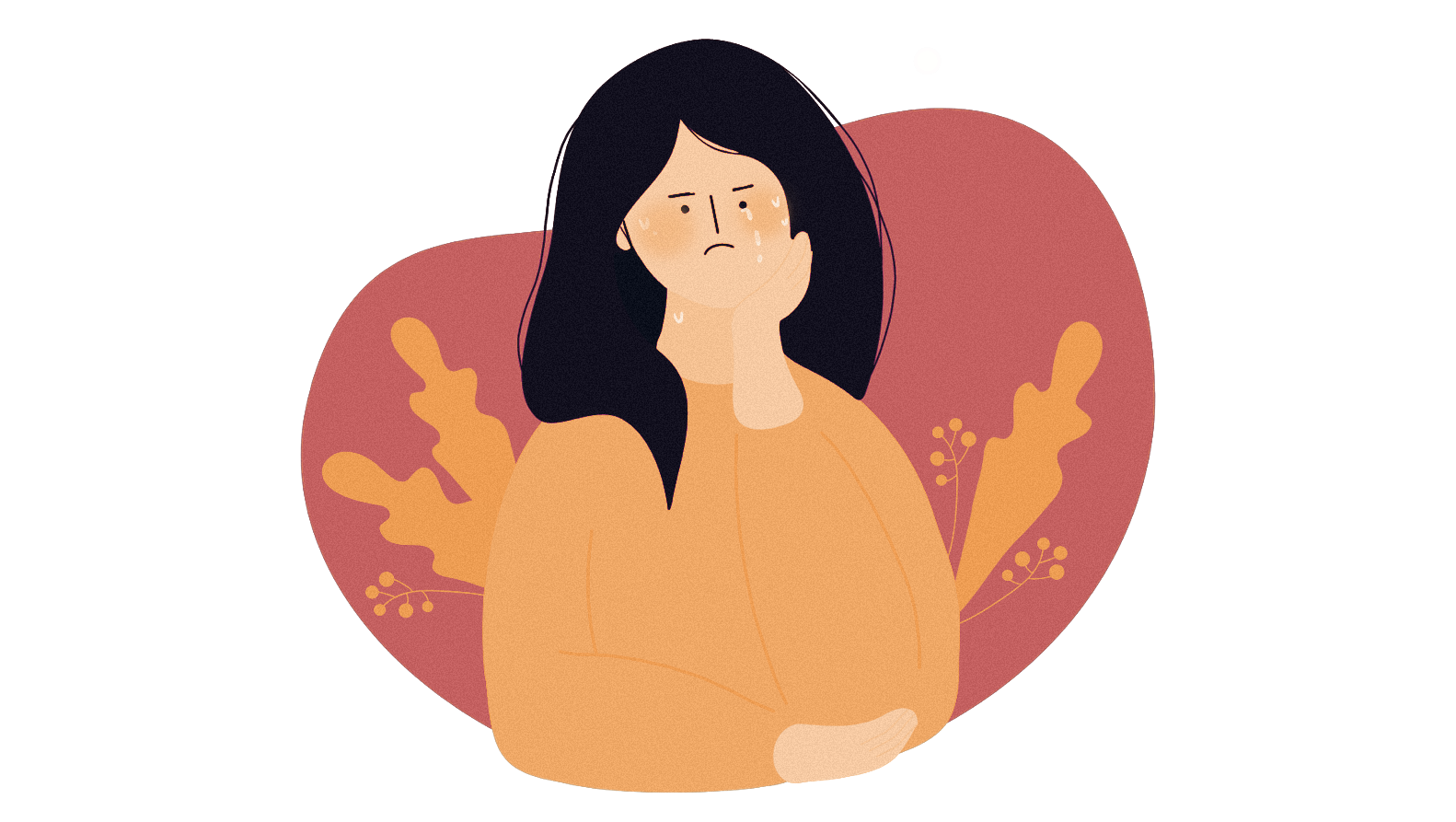
It was easy for me to feel unloved because my parents were both busy with work.
Also, as the oldest of four siblings, I felt I did not meet my parents’ expectations, that I was not good enough.
I just had the perception that my parents didn’t love me — even though they did.
While I busied myself in JC to fill the emptiness inside and seek acceptance, I was left disappointed at the end of two years. I still felt the raw emotions I entered JC with, which I did not find solutions to.
“Lord, You have to help me.”
I already knew that the answer was God because that was what I had been told all my life. But the head knowledge was not heart knowledge.
So I started listening to sermons and tried to read the Word. I was wolfing down sermons and reading Scripture daily.
I was desperate for answers. I was crying out to God in prayer and saying: “Lord, You have to help me.”
Experiencing freedom
Then there was this one fateful day. This happened just before A-Levels, when I was studying alone at home.
I read Psalm 100. It’s a short psalm; just five verses. And the last verse says:
For the Lord is good and his love endures forever;
his faithfulness continues through all generations.
When I read that, something just hit me. I knew the Lord was there, and I had never met the Holy Spirit like I did then.
I was so convinced that the Lord is good and His love endures forever — not just to me but the generations after me.
When it hit me in my spirit, I just started crying. I was bent over, and I cried so hard that I had petechiae (when small blood vessels burst) on my face.
I said: “Lord, you love me. You love someone as broken, as empty, as twisted as I am.”
I didn’t grow up in a charismatic church, and I’m not the sort of person who has visions.
But there was a very clear mental picture that I knew was from God. Jesus was on the cross, looking at me benevolently.
I felt that God was saying even though my sins had pinned Him to the cross, He still loved me.
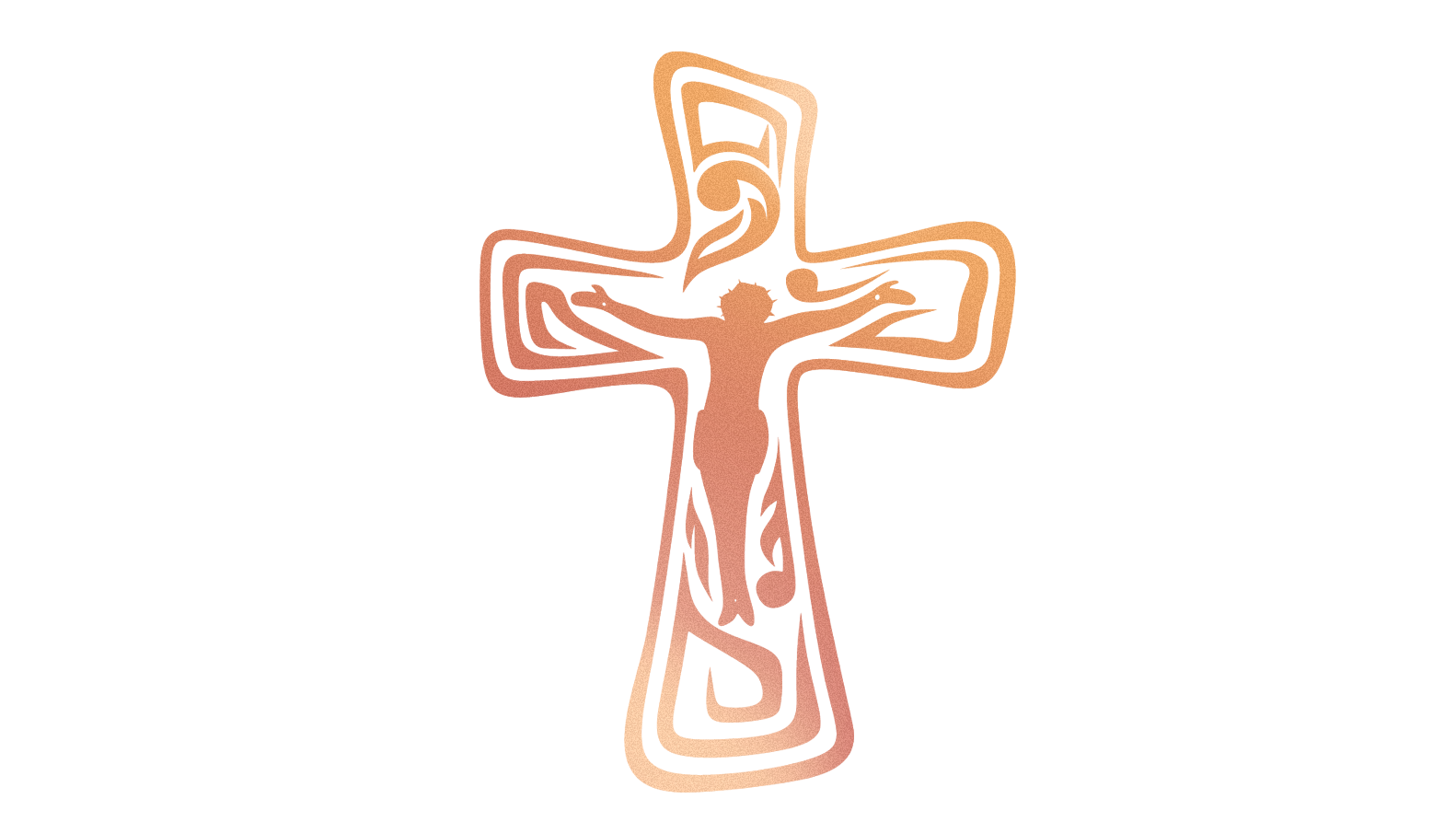
I just couldn’t stop crying. I was so touched. That went on for quite some time.
After I cleaned myself up, I told God: “My university life and beyond, I give to You because you love me so much.”
That was the start of my healing. It was life-changing.
I was filled with a compelling sense of purpose and mission, to be His mouthpiece and servant.
And this conviction still burns within me daily, one decade on. That was how strong the Spirit’s drive in me was.
So I know that God redeemed me. He really did it. He initiated it.
I know it’s not from myself.
Why medicine?
Even before that encounter with God, my interest in medicine was already there.
It started when I was 12, at Primary 6, when I read the autobiography of Tami L Fisk, a doctor who was a missionary to China.
I also grew up in my mum’s clinic, running around as a little kid, catching glimpses of her patients.
I saw what she did firsthand, and I had taken a keen interest in the whole gamut of patient care — drugs, injections, blood tests, etc.
I saw much wonder in being able to put on a detective’s hat, to discern patients’ diagnoses and manage them accordingly.
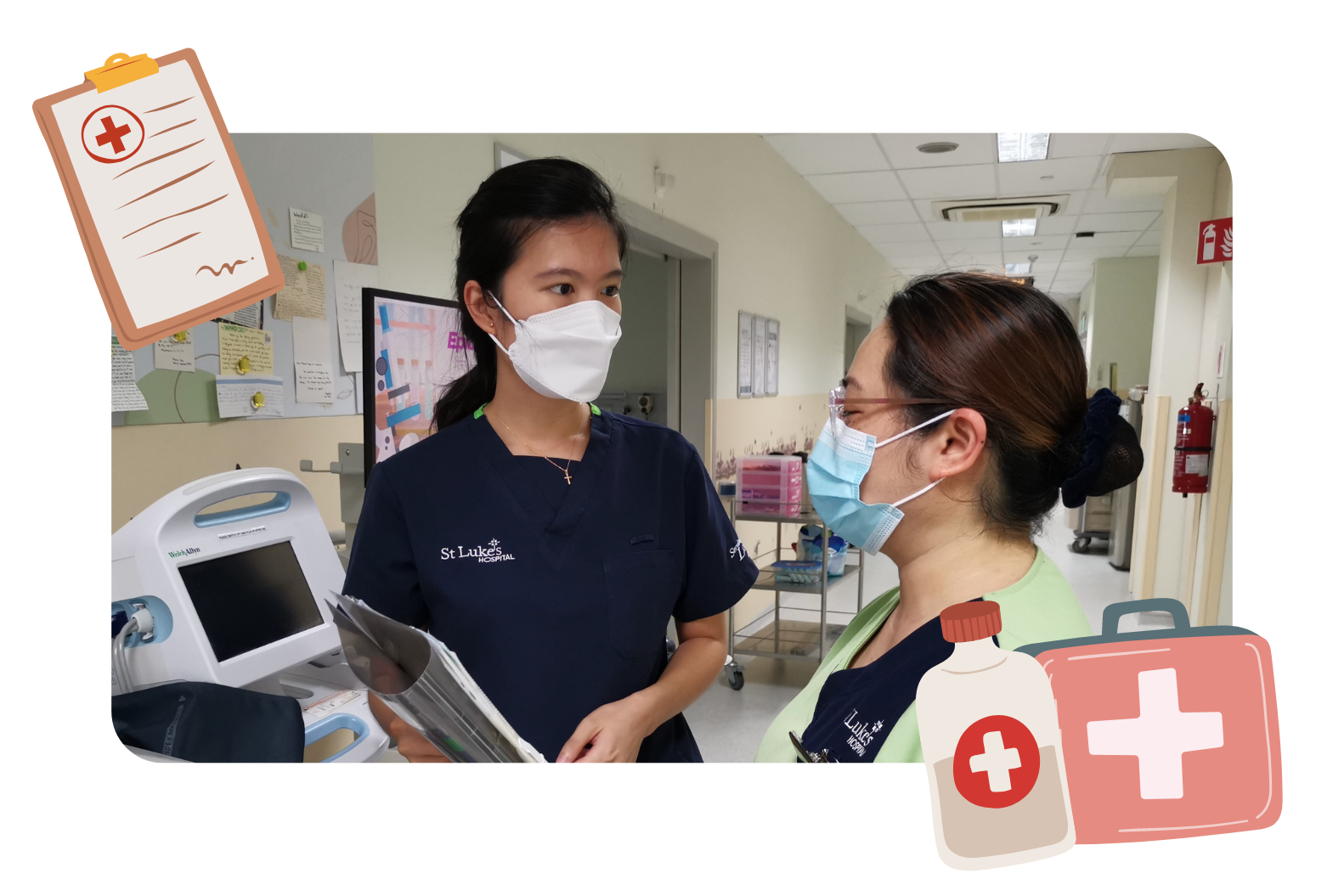
That said, medical school was difficult and rigorous. It was also the time when my dad was diagnosed with cancer.
There would be days when I really didn’t feel like going to school. And there were a few times I was crying before my exams because I was so overwhelmed by the content.
But I remember my morning quiet times giving me just enough energy for those days. That was my “daily bread”.
The other way that I felt God’s provision was through Christian friends in medical school who would encourage me and love me in word and in deed.
Finally, that encounter with God at age 18 added new meaning to the work of medicine. I knew that every encounter I had with my patients was an opportunity to be God’s light.
So that sense of mission kept me going. It drove medicine to a whole new level of purpose.
Conversations on life and death
Last June, I joined St Luke’s Hospital, where I am now working as a senior medical officer covering the palliative ward.
I’m not a palliative specialist, but since my dad’s illness I have become increasingly interested in it.
One of the reasons why I wanted to serve this special group of patients is not just to honour my dad (who passed away in February this year), but also because life and death conversations are so readily held almost every time they come in.
The most meaningful conversations I’ve had concern topics such as:
- Fear of death.
- Fear of suffering before death.
- Meaning of life (existential crisis).
- Judgement (how our lives will be judged at the end).
My experience is that the fear of death is in everybody, even Christians. But the hope that God gives is the best gift that I can give to my patients.
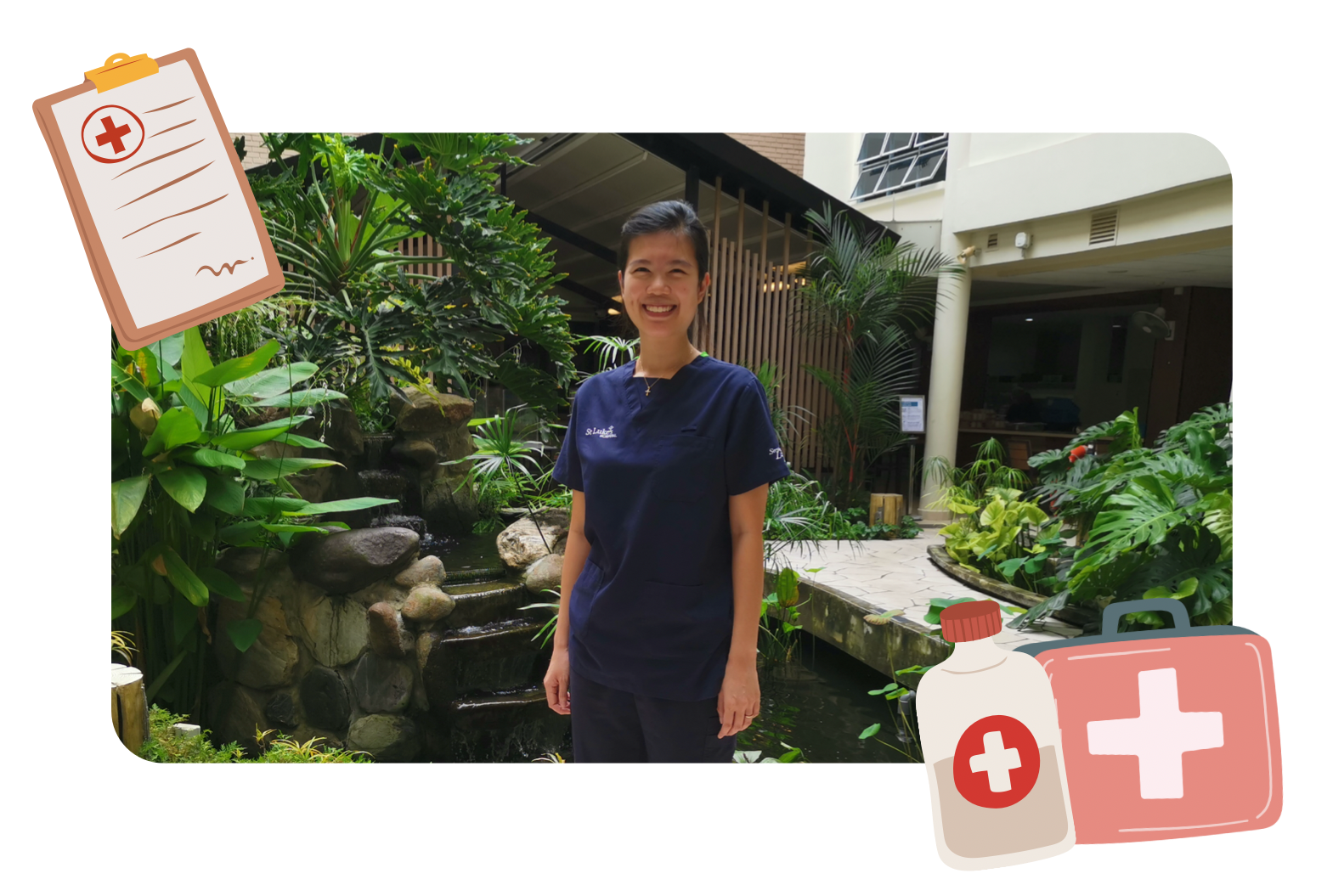
My interactions with my patients are an outflow of my own personal walk with God.
I get to meet patients with different circumstances, and somehow because of the different seasons that God puts me through, my journey might speak to them at that point of time, and theirs to mine.
Maybe some patients might need a message of hope, or some just need a listening ear, a person who understands or wordless tears.
It’s like God in His sovereign grace gets us to meet at different points, so that there’s an exchange of encouragement and edification.
I’ve had some very warm and meaningful experiences, through which God filled my heart with love anew for the elderly.
Each one is so special — who they are at present is a sum of all their past, both the good and the bad, which I’d like to treasure.
The reality of mortality
Sometimes, it can feel challenging to work in a community hospital setting.
Because I’m faced daily with the relentless march of frailty and mortality that I cannot stop — even with my medical skills.
Ageing, to me, is a consequence of sin. It’s not something that we can reverse.
Having been in St Luke’s Hospital for more than a year, the rhetoric I get is: “我老了啦” (I’m so old already). I’m old, and I have lost X and X.”
It could be the loss of role, physical function, health, weight, joy, memory, etc.
But it’s in this setting of loss that I find most meaningful to introduce hope that’s beyond this life.
At the same time, my service to my patients is to offer them hope in this life as well.
You can live to the full, in whatever capacity. Let’s say you can’t walk to the market anymore, but you can still go on a motorised wheelchair.
You just shift the goalposts, and shift their perspectives.
Ageing can be meaningful
My 85-year-old grandfather also inspires me in my work. I observe how he adapts to his age and his function, and then share those tips as appropriate.
For example, my 公公 (grandfather) goes out for table tennis every week with his kakis (friends). It helps him because there’s some cardio exercise involved, and it helps his balance and reflex.
My grandfather finds table tennis suitable for him because he does not have to run so much. It fits his current function and preference.
This makes me realise that I can also ask my patients: “What’s your function? What are some of the sports you think you can do that might not be so taxing but are still beneficial for you, according to your interest?”
The bottom line is, we’re trying to give them hope in this life by preserving their function and augmenting the reserves that they still have.
We’re helping them to make meaning out of ageing.
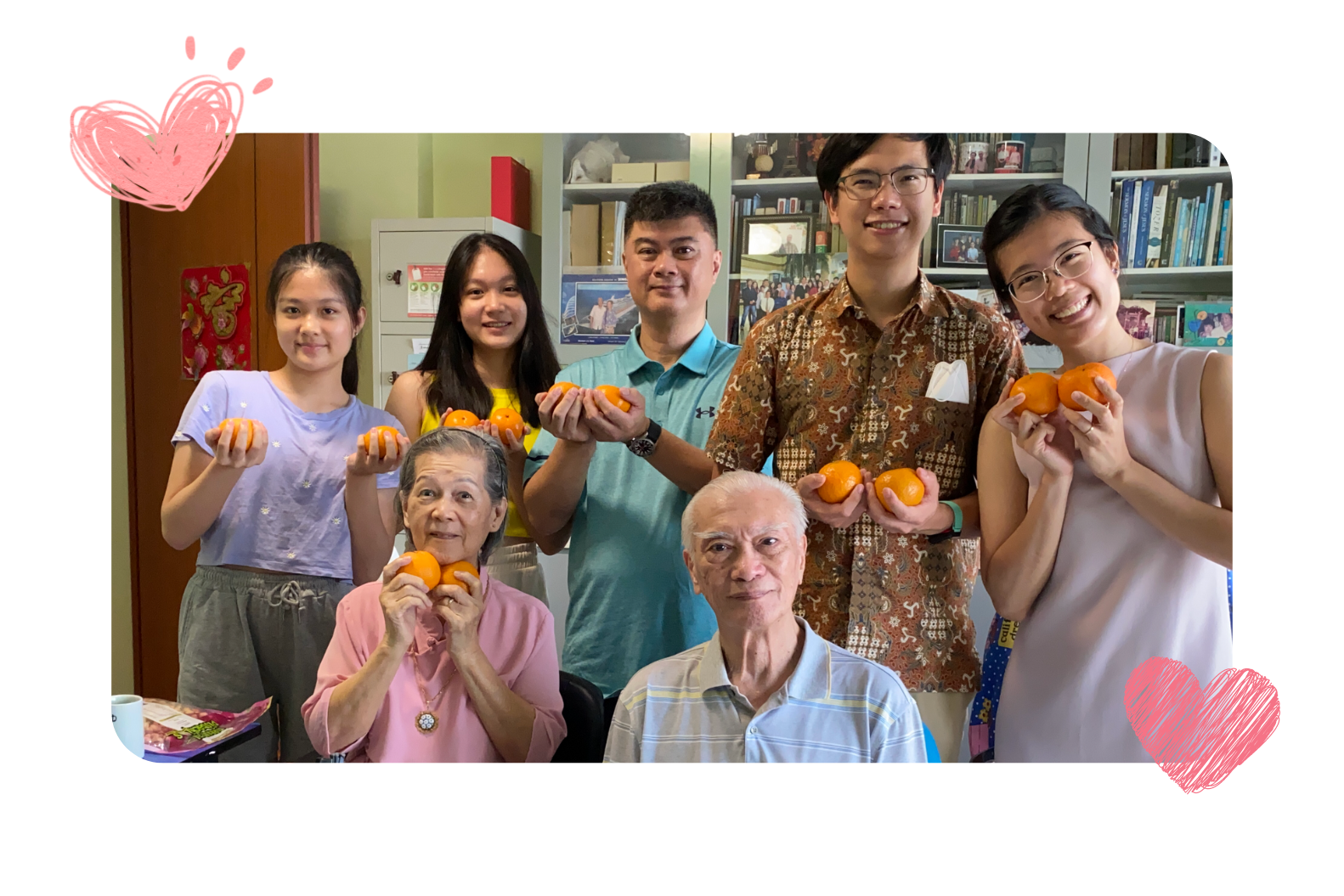
I want to say to the youth: Age will catch up, and human frailty will be something we will all have to grapple with, sooner or later.
So when you interact with the elderly, think of them as someone God has put in your life to go ahead of you, to show you how life might be like when there are many losses.
Use this opportunity to journey with them in a manner that gives them hope, meaning and joy to augment whatever they have left, shifting their perspective towards having fruitful and fulfilling silver years.
Rachel hopes to spread the awareness that there can be new gains, not just losses, in ageing.
She and her grandfather are also participating in #GoSilverSG, a campaign that celebrates positive ageing and raises funds for patients.
View this post on Instagram
To join in, start by taking a Silver Hair Selfie using the #GoSilverSG filter from St Luke’s Hospital’s Instagram page via the ✨ tab.
You can also read more and find out how you can donate to this campaign, which runs from July 1–31.
- Who are the elderly people that God has placed in your midst?
- How can you encourage them to view ageing more positively?
- Are there practical ways you can ways you can love them?
- Take some time to pray for the seniors you know.


